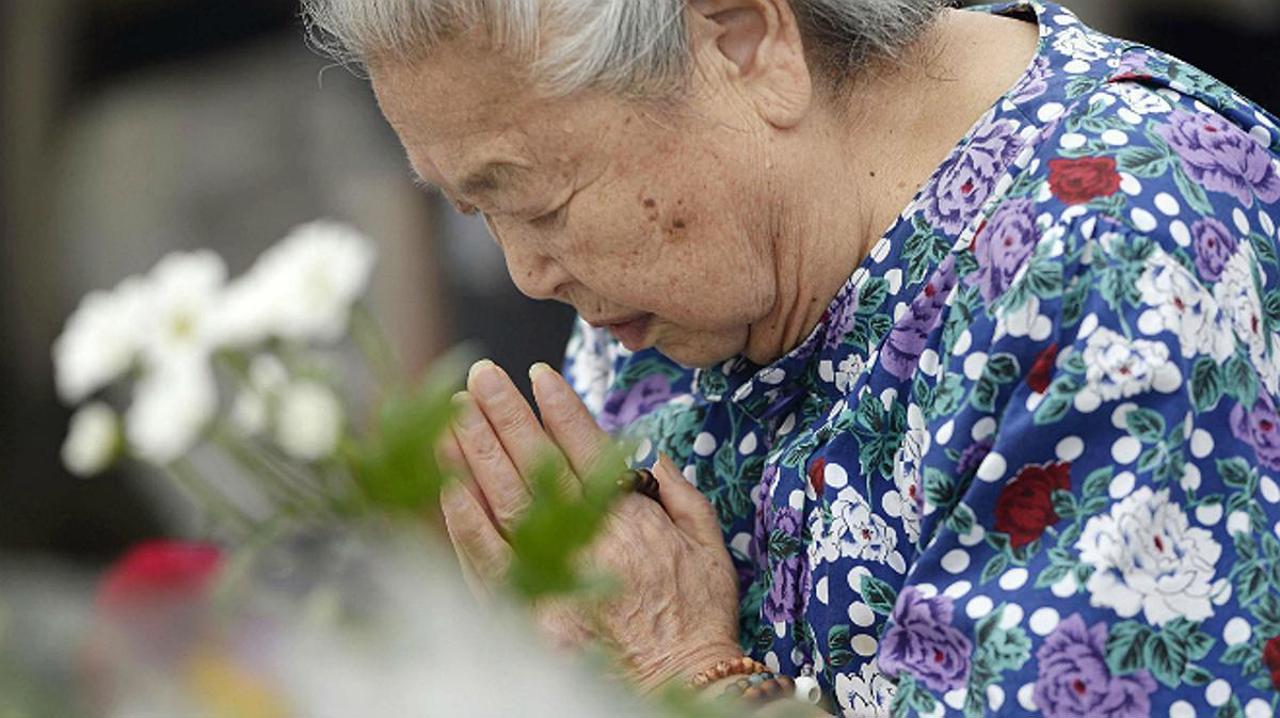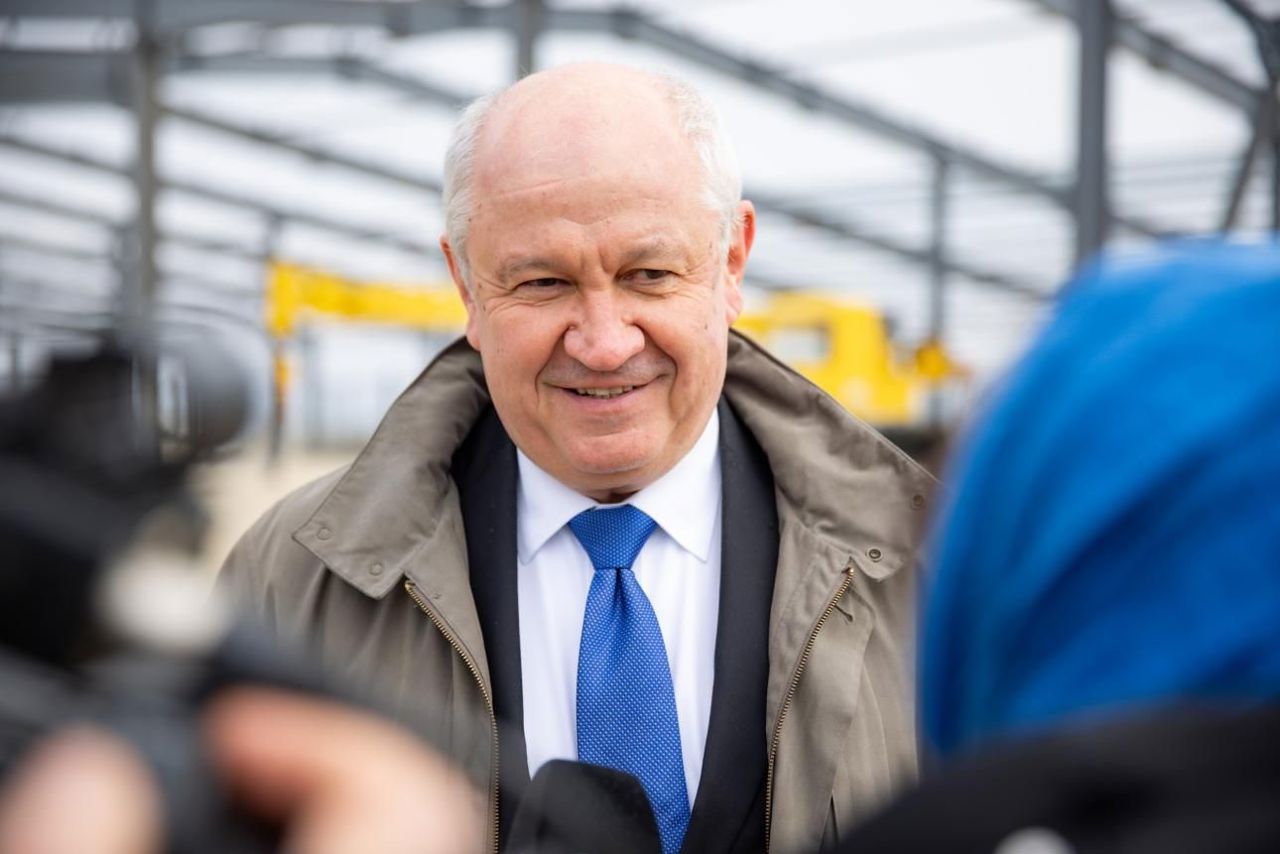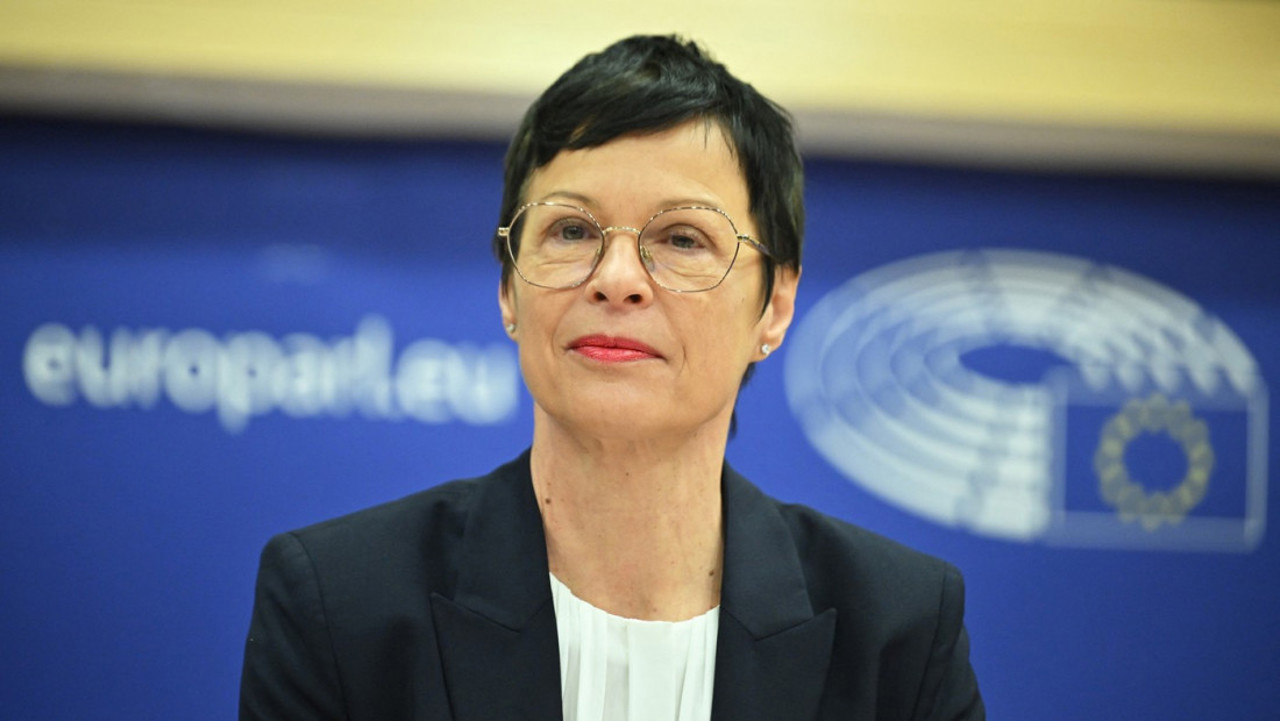78th anniversary of the atomic bombing of Hiroshima: Japan calls for a world without nuclear weapons
Japan commemorates the victims of one of the most catastrophic events in history, 78 years after the atomic bombing of Hiroshima. Ceremonies at the Peace Museum were attended by the few survivors of the disaster, Japanese officials, foreign diplomats and thousands of Japanese.

"I have been coming here for decades to pay tribute to my relatives who died. I am already old and wonder how many more times I will be able to come.";
"I come here every year with my family to tell my children that this commemoration is very meaningful.";
"I wish for a peaceful world."
People present at the ceremony held a moment of silence.
A peace bell tolled at 8:15am, the time an American plane dropped a bomb on the city. Hiroshima officials criticise the idea of using nuclear weapons as a deterrent. The statements were made amid the war in Ukraine and tensions in North Korea. Hiroshima Mayor Kazumi Matsui rejected this position in his peace speech.
"Leaders around the world must immediately take concrete steps to lead us from the dangerous present to our ideal world," Hiroshima Mayor Kazumi Matsui stressed.
Matsui believes that Japan must accede to the Nuclear Weapons Ban Treaty immediately. Nuclear powers such as the US and Russia do not support the treaty. Neither Japan nor other countries that rely on such weapons for deterrence have signed it. Prime Minister Kishida Fumio said Japan is committed to building a world without nuclear weapons, despite security challenges.
"Today, the path to our goal has become even more difficult as the international community is increasingly divided on how to advance nuclear disarmament and Russia is threatening to use nuclear weapons. It is all the more important in the current situation that we channel the international effort towards a world without nuclear weapons," said Kishida Fumio.
Many of those who survived the atomic blast are still being treated by the Japanese Red Cross for health effects. About two-thirds of deaths among survivors are caused by various types of cancer. On 6 August 1945, the "Little Boy" atomic bomb was dropped by the Americans from a plane over Japan. Nearly 140 000 people died in the attack. Some were killed instantly, others died as a result. Three days after Hiroshima, the 'Fat Boy' nuclear bomb was dropped on Nagasaki. It killed 74,000 more. Following the attacks, Japan surrendered and ended World War II.





